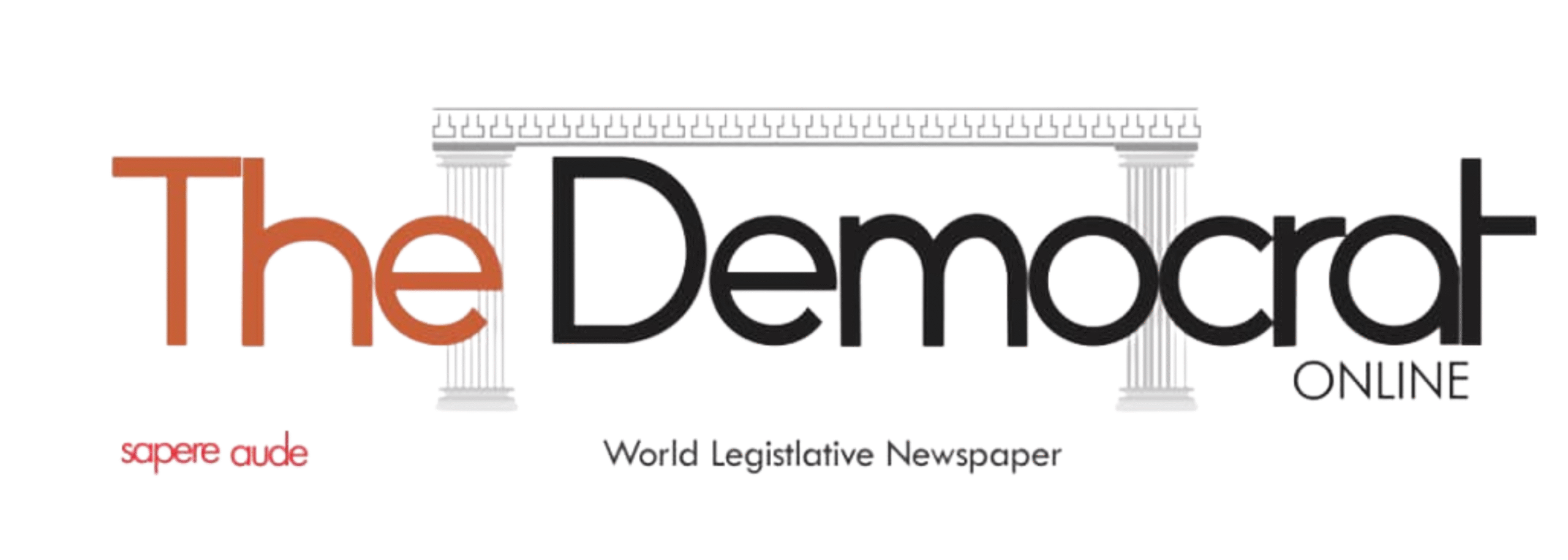
Oil prices declined after a Reuters report suggested some OPEC+ members may push for a faster output increase, overshadowing optimism over US-China trade talks. West Texas Intermediate fell 2.2% to just above $62 per barrel.
Additional pressure came from Kazakhstan’s energy minister stating the country couldn’t cut output at key projects, though the statement was later retracted. Losses were partially recovered after a Wall Street Journal report hinted at possible US tariff reductions on China, though Treasury Secretary Scott Bessent clarified that no unilateral offer had been made and a full trade deal could take years.
Trump’s assurance that he won’t fire Fed Chair Jerome Powell helped boost stocks and stabilized oil prices. However, oil has dropped significantly this month, hitting a four-year low, as trade tensions raised concerns over weaker demand. The decline was worsened by OPEC+ accelerating output increases, fueling fears of oversupply.
The move aimed to pressure countries like Kazakhstan to meet production targets, with Saudi Arabia warning further hikes could follow if compliance didn’t improve.Rebecca Babin of CIBC Private Wealth Group expressed skepticism over Kazakhstan walking back its energy minister’s comments, suggesting the damage is done. The focus now shifts to how Saudi Arabia will react.
The incident raises doubts about whether OPEC+ will maintain its accelerated production increases, potentially worsening a market expected to become oversupplied later this year despite current short-term strength.



